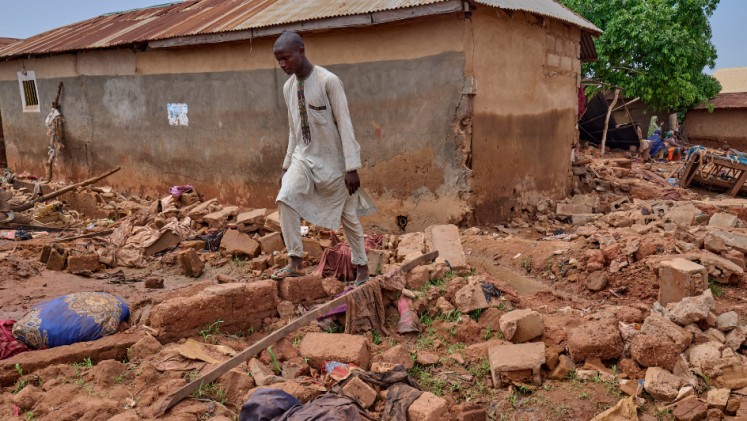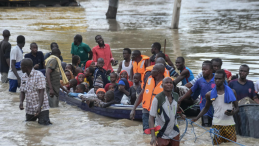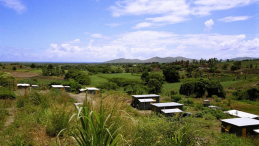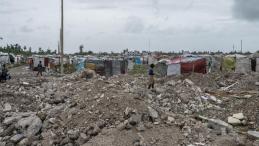The Sendai Framework for Disaster Risk Reduction runs until 2030, giving countries only a few years to improve their disaster risk response and preparedness measures to meet agreed-upon targets. UNU-EHS researcher, Olasunkanmi Habeeb Okunola, recently conducted a study assessing how African countries are progressing toward the goals of the agreement, which was launched in 2015. In examining Priority 2 of the agreement — which emphasizes how countries organize, coordinate and act to manage disaster risks — Okunola specifically analysed the policies and actions undertaken by Kenya, Nigeria, Egypt, Namibia, and the Democratic Republic of the Congo (DRC).
Okunola sheds light on the results of the study and pushes for greater urgency for disaster risk planning in an op-ed written in The Conversation published today. He starts by highlighting the significant progress being made in these countries since 2015. For instance, the areas where things are working include an uptick in the adoption of national plans to prepare for and respond to disasters, the creation of new specialized agencies and the strengthening of local leadership and governance. Kenya and Nambia, for example, have created national plans that clarify which ministries, agencies and levels of government are in charge of what when a disaster strikes.
However, Okunola acknowledges critical gaps remain. More particularly, improvements are needed in local community involvement, risk information sharing and in the inclusion of disaster risk planning in other policy areas such as housing, health, education and development. He points out that disaster risks are not yet shaping everyday decisions.
Lastly, Okunola encourages countries to use the last few years of the framework to improve what is not working and to continue investing in what is. He also calls for greater shared responsibility and inclusiveness of communities, civil society and citizens. “That is where real resilience begins,” he closes.
Click here to read the op-ed, which also appears in Down to Earth and All Africa.
Suggested citation: "UNU-EHS Researcher Writes Op-Ed in The Conversation on Disaster Preparedness in Africa ," United Nations University, UNU-EHS, 2025-10-13, https://unu.edu/ehs/article/unu-ehs-researcher-writes-op-ed-conversation-disaster-preparedness-africa.





